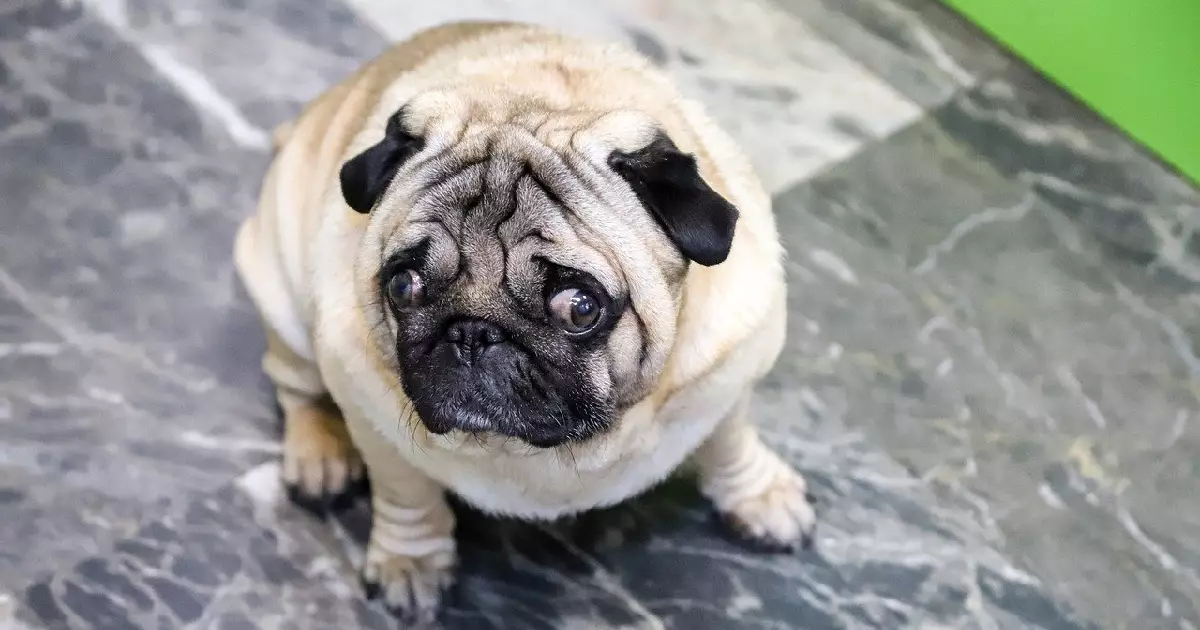If you’ve ever questioned why your beloved canine companion engages in the rather unappealing habit of licking his behind, you’re not alone. Many dog owners have witnessed this behavior, and while it might seem gross, it often boils down to instinctual grooming. However, there’s more beneath the surface than cleanliness. Frequent licking of the rear can signal underlying health issues, specifically in the anal gland region. Knowing what’s going on “down there” is essential for every dog owner striving for their pet’s well-being.
In dogs, anal glands flank the rectum and produce a potent, foul-smelling fluid. This liquid serves mainly as a marking agent, identifying the dog to other animals. Though one might question the evolutionary purpose, it’s apparent these glands are vital for canine social signaling. Nevertheless, when these glands cease to function correctly—through impaction, infection, or inflammation—the results can be both painful for the dog and distressing for its human caregivers.
Identifying Signs of Trouble
Understanding the reasons behind your dog’s behavior is crucial for fostering a healthy pet. Dogs may lick, scoot, or drag their rear for various reasons, and discerning the nuances can help you respond appropriately. For instance, a canine that simply scoots occasionally may be experiencing a minor itch or a temporary irritation. However, if this behavior becomes a frequent occurrence, it could herald a more serious issue with the anal glands that warrants a vet’s attention.
One should be keenly aware of the major indicators of anal gland problems: a strong odor or leakage, frequent licking or scooting, and unusual preoccupations with their rear end. Dogs often display discomfort by suddenly jumping, turning, or looking back at their rear. These signs can indicate pain stemming from the nerves located around the anal area. Vigilance is crucial because ignoring these symptoms can lead to serious complications.
Pain Signals and Offensive Odors
When anal glands are functioning normally, their contents are released during defecation, away from your living area. An abnormal discharge—especially one that produces an overpowering fishy smell—can indicate an infection or an issue requiring immediate intervention. The olfactory cues emitted from an infected gland are unmistakable and often noteworthy as they can permeate the surroundings and significantly affect your dog’s quality of life.
As responsible pet owners, we need to remain alert to the various scents that signal discomfort. Off-putting odors can represent health problems far beyond just smelly anal glands. Understanding the different types of unpleasant smells associated with pet health can give you vital clues, potentially aiding in earlier diagnoses and better treatment outcomes.
The Risks of Infected Anal Glands
When anal glands become infected, the situation can escalate quickly. An abscess may develop as a result of the infection, leading to a pocket of pus that could rupture through the skin. Not only is this unsightly and troubling, but it also causes excruciating pain for your pet. Observing your dog intensely licking its behind, alongside visible discomfort, merits immediate veterinary intervention. Remember, any open wound or bright redness in this sensitive area requires urgent attention from a qualified professional.
As tempting as it may be for dog owners to attempt home remedies or self-expression of the glands, this often exacerbates the problem. Without the proper tools or knowledge, this kind of handling can push infected materials deeper into the tissue, compounding your dog’s pain and leading to further complications. Instead, fostering a trustful bond with a qualified veterinarian will ensure your pet receives the right care.
Proactive Measures for Dog Health
Knowledge is power, and as a dog parent, your understanding of anal gland issues can significantly impact your dog’s health. If you’re aware of these signs and can notice changes in behavior, you’re already taking crucial steps to empower your pet’s wellness. Regular check-ups with the veterinarian can help spot potential issues before they escalate, ensuring your furry friend remains healthy and happy.
Dog licking habits may initially appear to be mere quirks, but they can contain layers of meaning linked to the animal’s health. Being observant and proactive in addressing these concerns demonstrates your commitment to your companion’s longevity and happiness. By staying informed and reactive to your dog’s signals, empowered owners can offer their pets the support they need for a flourishing life.

